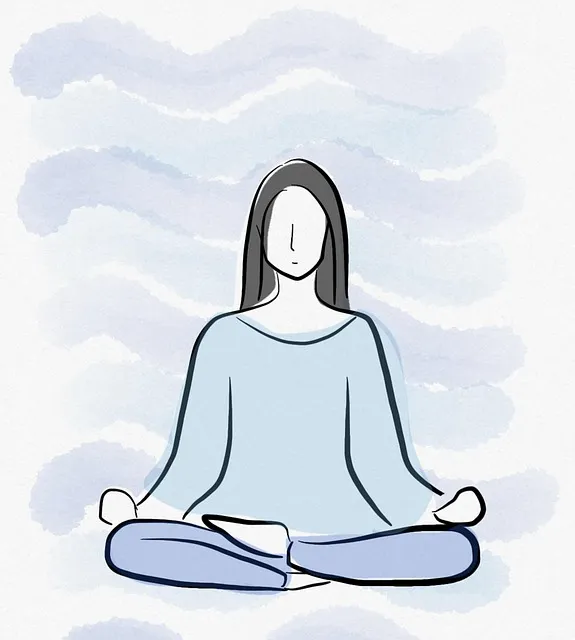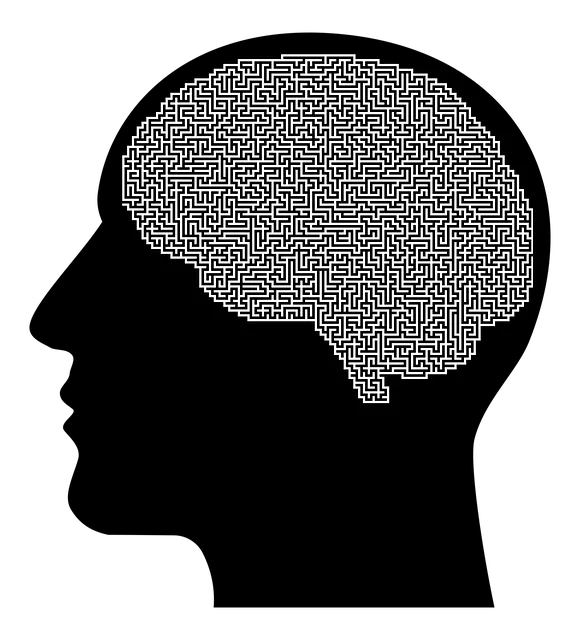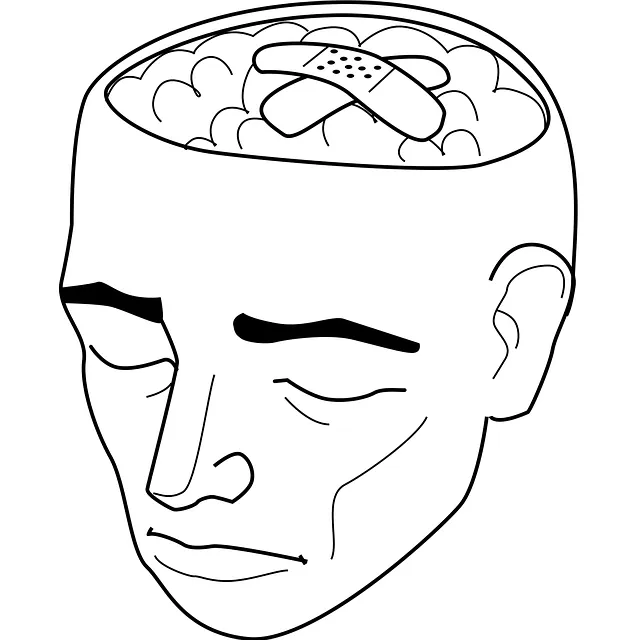Kaiser Permanente offers a holistic and accessible approach to mental wellness, addressing stress as a widespread issue with severe consequences. Their comprehensive program includes coaching, risk assessments, and education on healthy coping mechanisms, such as journaling, mindfulness, and relaxation techniques like deep breathing and yoga. The Kaiser Permanente mental health number provides immediate access to trained professionals who guide individuals through stress management tools, fostering open conversations about mental health and prioritizing overall well-being.
Stress management is a vital skill, and learning effective techniques can significantly improve overall well-being. This comprehensive guide explores various aspects of stress understanding and offers practical solutions for daily application. From recognizing stress signs to utilizing resources like the Kaiser Permanente Mental Health Number for superior support, we empower individuals to take control. Discover a range of powerful management techniques, ensuring a balanced and relaxed lifestyle.
- Understanding Stress: Recognizing the Signs and Its Impact
- The Role of Kaiser Permanente Mental Health Number in Accessing Support
- Effective Stress Management Techniques: A Comprehensive Guide
- Practical Strategies for Integrating Relaxation into Daily Life
Understanding Stress: Recognizing the Signs and Its Impact

Stress is a universal experience that can stem from various sources, affecting individuals on both mental and physical levels. Understanding stress involves recognizing its signs to effectively manage it. Common indicators include persistent feelings of anxiety, irritability, fatigue, and difficulty concentrating. When left unaddressed, prolonged stress can lead to more severe issues like depression, elevated blood pressure, and weakened immune systems, underscoring the importance of proactive management.
At Kaiser Permanente, we prioritize mental wellness through various initiatives such as coaching programs that focus on development and depression prevention. Our mental health professionals also conduct risk assessments to ensure early intervention and support. By equipping individuals with tools to identify stress triggers and adopt healthy coping mechanisms, we aim to foster a resilient mindset, enhancing overall mental wellness.
The Role of Kaiser Permanente Mental Health Number in Accessing Support

The Kaiser Permanente mental health number serves as a powerful tool, providing individuals with easy access to superior support and resources for managing stress. This dedicated hotline connects members with trained professionals who offer guidance on various techniques, from mental wellness journaling and mindfulness exercises to risk management planning tailored for mental health professionals. By leveraging this accessible platform, folks can promptly gain the tools and expertise needed to navigate stress effectively.
Moreover, the number facilitates open conversations about mental health, fostering an environment where self-esteem improvement and overall well-being are prioritized. Whether seeking immediate crisis intervention or exploring long-term strategies for stress mitigation, the Kaiser Permanente mental health number offers a lifeline, ensuring individuals don’t have to face challenges alone.
Effective Stress Management Techniques: A Comprehensive Guide

Stress management is a vital aspect of maintaining good mental health and emotional well-being. At Kaiser Permanente, we understand the importance of teaching individuals effective techniques to cope with stress. Our comprehensive guide covers a range of evidence-based practices designed to promote mental wellness and enhance coping skills development.
By integrating various Emotional Well-being Promotion Techniques, our program equips participants with practical tools to navigate challenging situations. From mindfulness meditation and deep breathing exercises to cognitive reframing and physical activity, these strategies offer a holistic approach to stress management. Through consistent practice, individuals can build resilience, improve their ability to handle demanding circumstances, and foster a sense of calm in their daily lives.
Practical Strategies for Integrating Relaxation into Daily Life

Incorporating relaxation techniques into daily routines is a powerful strategy for managing stress and promoting mental wellness, as advocated by Kaiser Permanente mental health professionals. Simple practices such as deep breathing exercises or mindfulness meditation can be easily integrated throughout the day. For instance, taking a few minutes during your morning routine to focus on slow, controlled breaths can set a calm tone for the rest of the day. Even short periods of relaxation can significantly reduce stress levels and enhance overall mental health.
To effectively manage stress, consider designing a personalized mental health education program that includes various relaxation strategies. This might involve exploring activities like yoga or tai chi, which combine physical movement with breath control. By consistently practicing these techniques, individuals can develop resilience to stress and improve their ability to navigate challenging situations. Additionally, regularly assessing risk factors for mental health issues through comprehensive programs, as suggested by experts, enables early intervention and better support for those in need.
In conclusion, managing stress effectively is a powerful tool for enhancing overall well-being. By recognizing stress signs and understanding its impact, individuals can take control of their mental health. The Kaiser Permanente Mental Health Number plays a crucial role in providing easy access to support services, ensuring that help is readily available when needed. With the comprehensive guide on stress management techniques and practical strategies for daily integration, folks can now navigate life’s challenges with resilience. Embracing these practices enables a more balanced and fulfilling lifestyle, fostering harmony within the bustling world we inhabit.






